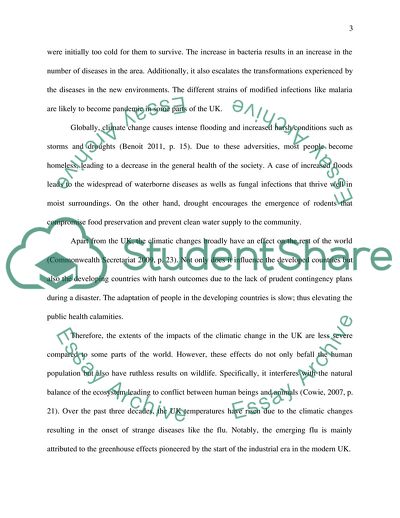Cite this document
(The Impact of Climate Change on the UK Health Coursework, n.d.)
The Impact of Climate Change on the UK Health Coursework. Retrieved from https://studentshare.org/environmental-studies/1869865-discuss-the-possible-impact-of-climate-change-on-the-health-of-the-uk-population
The Impact of Climate Change on the UK Health Coursework. Retrieved from https://studentshare.org/environmental-studies/1869865-discuss-the-possible-impact-of-climate-change-on-the-health-of-the-uk-population
(The Impact of Climate Change on the UK Health Coursework)
The Impact of Climate Change on the UK Health Coursework. https://studentshare.org/environmental-studies/1869865-discuss-the-possible-impact-of-climate-change-on-the-health-of-the-uk-population.
The Impact of Climate Change on the UK Health Coursework. https://studentshare.org/environmental-studies/1869865-discuss-the-possible-impact-of-climate-change-on-the-health-of-the-uk-population.
“The Impact of Climate Change on the UK Health Coursework”. https://studentshare.org/environmental-studies/1869865-discuss-the-possible-impact-of-climate-change-on-the-health-of-the-uk-population.


